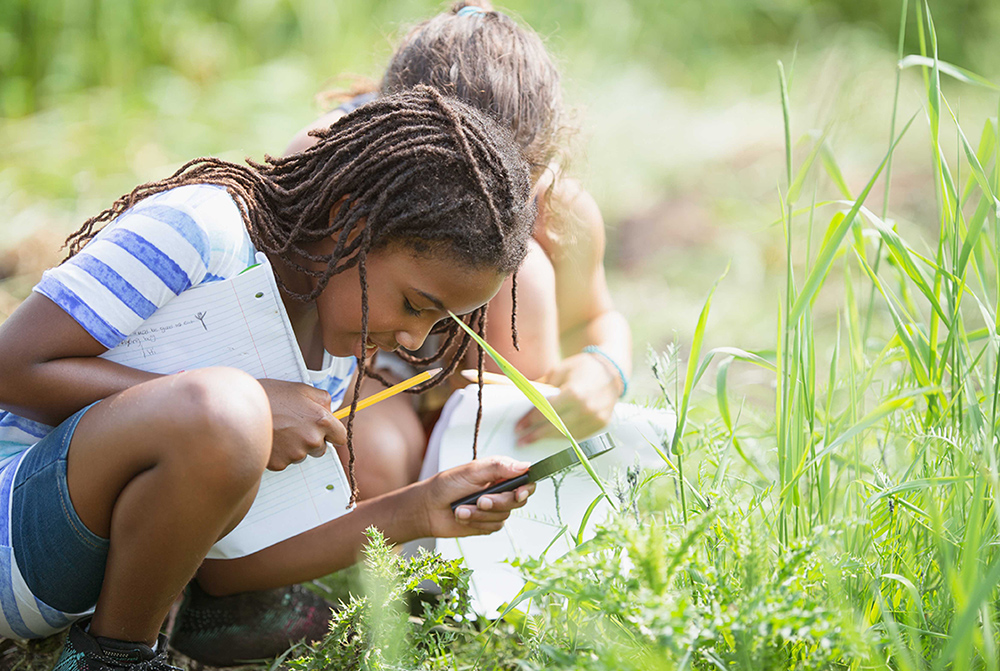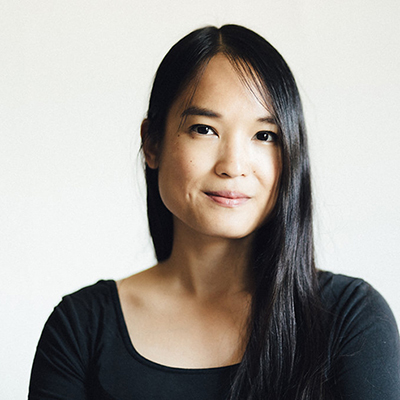Elementary school children in Ontario are learning about the science of global warming, but Fikile Nxumalo, an assistant professor at OISE, thinks they may be missing an important piece of the climate change picture: its effects on health and well-being, particularly in Black communities.
Studies have shown, for example, that Black and immigrant neighbourhoods tend to be in parts of Toronto that lack easy access to green space and record higher levels of air pollution. Drawing from her own experience, Nxumalo says her grandparents’ farm in her native Eswatini (formerly Swaziland) is experiencing more frequent drought conditions – likely due to climate change.
To get a better sense of the environmental concerns of Black families in Toronto – and of how the families interact with the natural landscapes around them – Nxumalo is planning to hold focus groups with Black parents of young children. She will encourage them to bring photos of themselves at parks, waterways and lands that are meaningful to them, and will ask what environmental issues trouble them most. She also wants to know how the parents would like to see these issues reflected in their children’s environmental education. Nxumalo’s research is funded by U of T’s School of Cities. Karen Chapple, the school’s director, says the research will help cities grow and adapt to climate change in a way that is more equitable and just.
According to Nxumalo, Ontario’s curriculum lacks an understanding of how Black communities interact with the natural environment. She points to groups such as the Toronto Black Farmers and Food Growers Collective to demonstrate that Black communities have a strong connection to and deep concern for the natural spaces around them. While her research focuses on Toronto, Nxumalo believes the findings could be applied to cities across Canada.
She hopes her work will help ensure that Black families are better represented in learning materials about climate change.
Recent Posts
People Worry That AI Will Replace Workers. But It Could Make Some More Productive
These scholars say artificial intelligence could help reduce income inequality
A Sentinel for Global Health
AI is promising a better – and faster – way to monitor the world for emerging medical threats
The Age of Deception
AI is generating a disinformation arms race. The window to stop it may be closing





